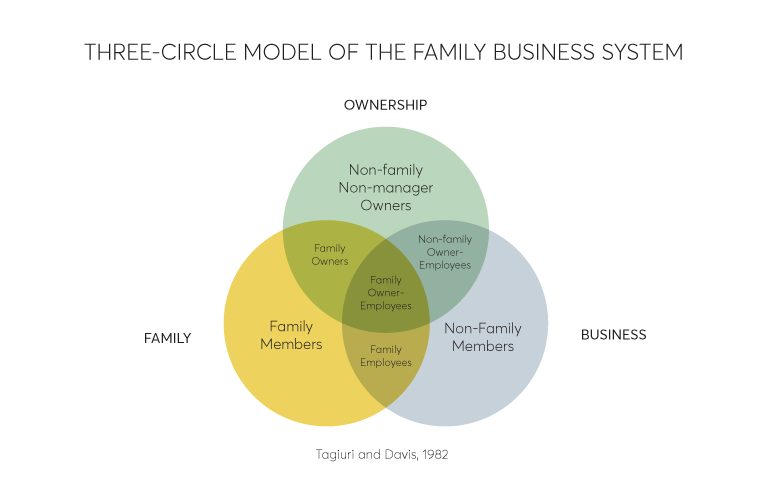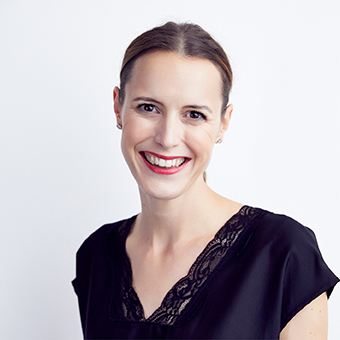10 Things We’ve Learned About Family Business
At Tiny Hunter we have developed a serious passion for family business. Apart from being one ourselves we have worked with many family businesses across the years, some for more than 10 years now – here’s a little more about why we specialise in family business.
There’s much to be learnt from family businesses, which can be beneficial whether you are a family business or not. Here are our top 10 insights…
FAMILY BUSINESSES ARE AGILE.
You can push through change quickly and basically make s@#t happen. No need for multiple layers or bureaucracy. We’ve found if family businesses believe in their gut that something needs to change, it will. And fast. Scenic World is an incredible example of this. With both parts of their business; the Bridge Climb and the Blue Mountains being shut down by the government due to COVID-19, they quickly reviewed their offerings, from experience based to a tangible product; the business started to sell and deliver stock from their store room to the local Blue Mountains community. This was less about money making and more about ensuring as many of their team could be retained as possible.
WE ALWAYS LIKE TO GET TO KNOW THE MACGYVER OF THE BUSINESS.
The majority of family businesses have a Macgyver (according to Robert Powell from Grant Thornton). Essentially what he means is that family businesses have someone who has been there long term. They know the ins and outs of the business, what systems were used when and for what — so if something breaks they know how to fix it and are happy to wear a lot of different hats in their role. Those people are gold. They help us get creative with any roadblocks that might arise on projects and ensure timelines don’t stall. As a family business ourselves we have two such people in Tiny Hunter and we thank our lucky stars for them everyday.
FAMILY BUSINESSES HAVE A SECRET SUPERPOWER IN THEIR STAFF.
Harvard Business Review also found that family businesses have 20% less turnover in staff. And for those staff, financial incentive does not correlate with retention. They did find, however, that family businesses spend a whopping 260% more on people investment, which would explain the retention. Staff tenure and loyalty are keys to making a brand sing. They live and breathe the brand culture and any new starters are surrounded by those with a deep understanding of and love for the brand, ensuring they feel the same.
IT’S A CIRCLE OF TRUST THING.
Carrying on from point 3; it’s not like staff are constantly interchanging and bringing new relationships/contacts with them, if you are going to get to know a family business and all it’s personalities and idiosyncrasies you get on board for the good and the bad times. You ride the waves and also help them out of any holes. When we first come on board with a family business we have a deep respect for the fact that any knowledge transfer often traverses many generations. This knowledge transfer takes time and once done, you want to make sure it can be used in support of growing the brand for many years to come.
FAMILY BUSINESSES OFTEN SPEAK A SECOND LANGUAGE.
This can be good and bad. Communication is streamlined and sometimes it feels like you can read each other’s minds. But in the workshops and immersion sessions that we run with family businesses the feedback we get is that it was so valuable to slow down and take the time away from work and really delve into the business. Often it’s assumed that another family member thinks the same way as another, or that multiple family members are interpreting an idea or communication in the same way. 7 times out of 10 we find that actually there are differences and once everyone is aligned, everything can run that much smoother.
EXTERNAL POINTS OF VIEW CAN ACT AS A CATALYST.
We have seen this in our own business, coming on board as brand advisors for our clients, as well as when client’s have brought on consultants across different areas. Whether the external point of view brings a fresh pair of eyes to a business issue, helps manage family relationships or simply creates a smoother path to achieve a big goal, it can be invaluable and often unlocks what is needed from the business to surpass a plateau in growth.
MULTI-GENERATIONAL GROWTH IS POWERED BY A CLEAR PURPOSE.
This purpose must be bigger than the current business service, offering or products. It is about who you want to connect with and why. It is something we spend dedicated time on during our brand workshop. Professor John Davis’ multi-year study on multigenerational family wealth reveals families that do well financially over generations are on the Regeneration Path. These families follow a number of philosophies and practices to grow their wealth. But importantly this includes remaining focused on their family mission, staying united as a family and diversifying at the right time. Once a family has clearly articulated their values and purpose, everyone feels connected to the goal and it provides clarity to assess potential business opportunities and whether they align with the values and overarching purpose.
FAMILY BUSINESSES HAVE FOUR KEY GROUPS WE NEED TO MAKE SURE ARE HEARD.
The Three-Circle Model of the Family Business System was developed at Harvard Business School and quickly became, and continues to be, the central organiszing framework for understanding family business systems, worldwide. The framework clarifies the three interdependent and overlapping groups that create the family business system: Family, Business and Ownership. As a result of the overlap, there are four key interest groups, each with its own legitimate perspectives, goals and dynamics; Family Owners, Family Owner-employees, Non-family Owner-employees, Non-family, non-manager Owners. The long-term success of family business systems depends on the functioning and mutual support of each of these groups.

FIRST AND/OR SECOND GENERATION MUST ARTICULATE THE BRAND DNA.
To ensure long term success it must be accepted that as the family business grows, learning through osmosis is not always possible. The brand strategy; its purpose, the values, the customer value proposition, to name a few, needs to be articulated to ensure everyone is clear on the direction the business is heading, that there is a consistent representation of the business and it’s brand in the market.
FAMILY BUSINESSES ARE SMART AND DESERVE OUR RESPECT.
In Australia alone, family businesses represent approximately 70 percent of all businesses and employ approximately 50 percent of the workforce. Harvard Business Review has also done a study that shows family businesses carry 23% less debt and The Australian government found that family businesses weathered the GFC better than non-family businesses. We have found the same throughout COVID. Family businesses are robust, giving them a stronger starting point in difficult times.
If you would like deeper insight into what makes family businesses tick explore our family business magazine Brands of Kin. Have a family business and looking to grow? Book a consult.


